How you know you're a hosta geek--Reason #3729
santamiller
8 years ago
Featured Answer
Sort by:Oldest
Comments (24)
don_in_colorado
8 years agoRelated Professionals
Otsego Landscape Architects & Landscape Designers · Washington Landscape Architects & Landscape Designers · Americus Landscape Contractors · Darien Landscape Contractors · Deer Park Landscape Contractors · Hawthorne Landscape Contractors · Kailua Landscape Contractors · Stony Brook Landscape Contractors · Wilton Landscape Contractors · Dearborn Driveway Installation & Maintenance · San Jose Driveway Installation & Maintenance · Aventura Fence Contractors · Laguna Beach Fence Contractors · Plainfield Fence Contractors · Homer Glen Solar Energy Systemssantamiller
8 years agojosephines167 z5 ON Canada
8 years agosantamiller
8 years agombug_gw
8 years agoDelawareDonna Zone 7A
8 years agojosephines167 z5 ON Canada
8 years agowindymess z6a KC, Ks
8 years agoJon 6a SE MA
8 years agojosephines167 z5 ON Canada
8 years agojosephines167 z5 ON Canada
8 years agolast modified: 8 years agowindymess z6a KC, Ks
8 years agoDelawareDonna Zone 7A
8 years agolast modified: 8 years agojosephines167 z5 ON Canada
8 years agosantamiller
8 years agolast modified: 8 years agosantamiller
8 years agolast modified: 8 years agowindymess z6a KC, Ks
8 years agosandyslopes z5 n. UT
8 years agowindymess z6a KC, Ks
8 years agotsugajunkie z5 SE WI ♱
8 years agowindymess z6a KC, Ks
8 years agobkay2000
8 years agosantamiller
8 years ago
Related Stories
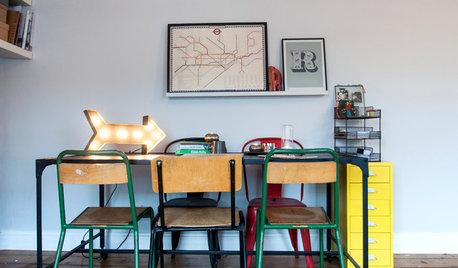
LIFEFun Houzz: 14 Signs You’re an Interiors Geek
Are you obsessed with interiors? It’s OK, you can admit it — you’re among friends
Full Story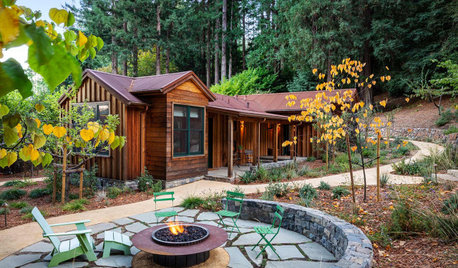
FALL GARDENING7 Reasons Not to Clean Up Your Fall Garden
Before you pluck and rake, consider wildlife, the health of your plants and your own right to relax
Full Story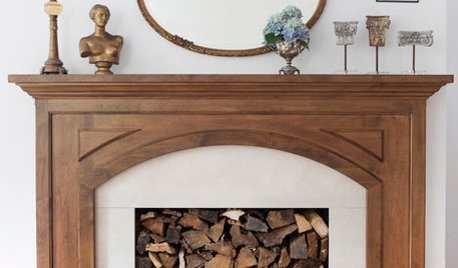
LIVING ROOMS8 Reasons to Nix Your Fireplace (Yes, for Real)
Dare you consider trading that 'coveted' design feature for something you'll actually use? This logic can help
Full Story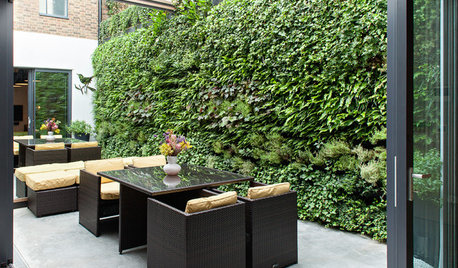
GARDENING GUIDES10 Reasons to Love Vertical Gardens
Boring patios and lackluster views, begone!
Full Story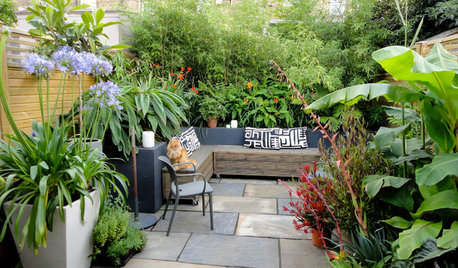
MOST POPULAR10 Reasons to Love a Tiny Garden
Small outdoor spaces can have a beauty all their own
Full Story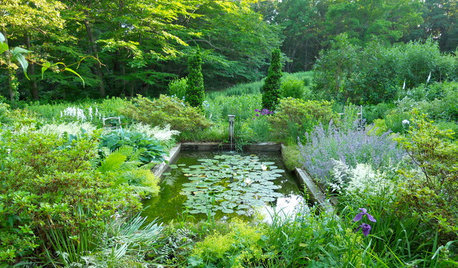
PLANTING IDEAS5 Reasons to Bring Shrubs Into the Flower Garden
Mix up the garden experience and let the flowers and shrubs play together
Full Story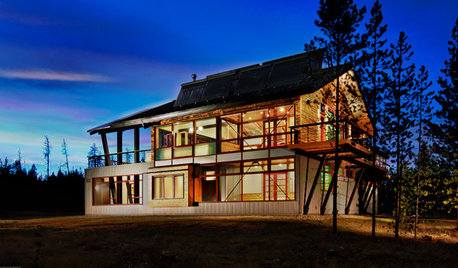
GREEN BUILDINGZero Net Energy: A Hardworking-House Term to Know
Homes that consume only as much energy as they produce by renewable means are a goal for builders. Learn what ZNE means for you
Full Story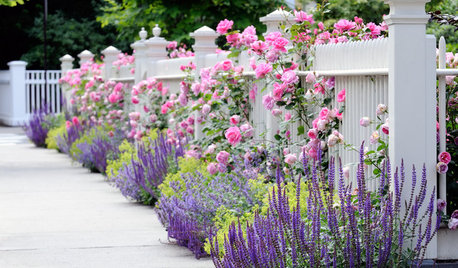
GARDENING GUIDES10 Tips to Start a Garden — Can-Do Ideas for Beginners
Green up your landscape even if you're short on time, money and knowledge, with these manageable steps for first-time gardeners
Full Story
TRIMTrim Color Tips: Get Your White Trim Right
Set off wood tones, highlight architectural features, go minimalist ... white trim is anything but standard when you know how to use it
Full Story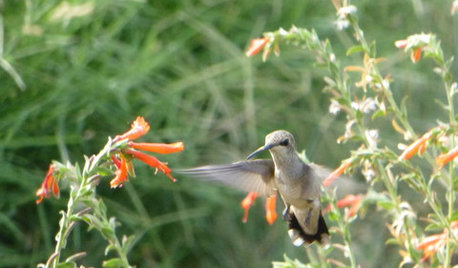
GARDENING GUIDESSweet Serendipity: Opening to Happy Garden Discoveries
Unplanned nature scenes can be unbelievably beautiful; you just need to know how to look
Full StorySponsored
Industry Leading Interior Designers & Decorators in Franklin County
More Discussions






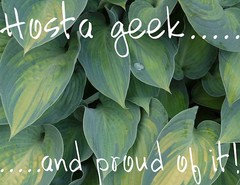


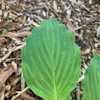
DelawareDonna Zone 7A